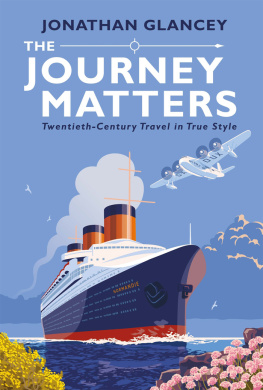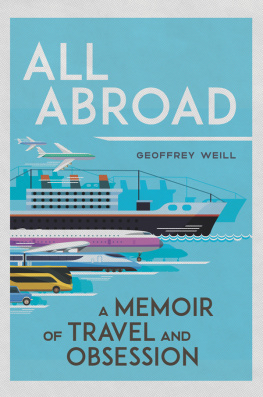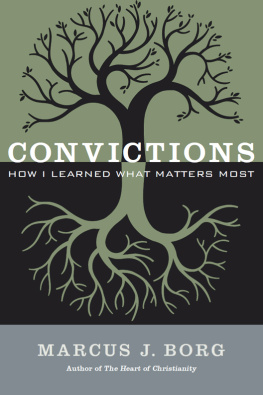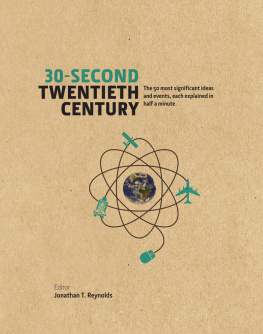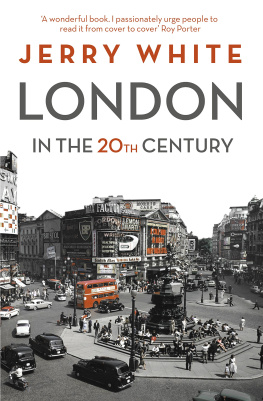Contents
Guide
THE
JOURNEY
MATTERS
By the same author
Concorde
Harrier
Giants of Steam
Spitfire: The Biography
Nagaland: A Journey to Indias Forgotten Frontier
Tornado: 21st Century Steam
Architecture: A Visual History
London: Bread and Circuses
THE
JOURNEY MATTERS
Twentieth-Century Travel in True Style
JONATHAN GLANCEY

First published in hardback in Great Britain in 2019 by Atlantic Books, an imprint of Atlantic Books Ltd.
Copyright Jonathan Glancey, 2019
The moral right of Jonathan Glancey to be identified as the author of this work has been asserted by him in accordance with the Copyright, Designs and Patents Act of 1988.
All rights reserved. No part of this publication may be reproduced, stored in a retrieval system, or transmitted in any form or by any means, electronic, mechanical, photocopying, recording, or otherwise, without the prior permission of both the copyright owner and the above publisher of this book.
1 2 3 4 5 6 7 8 9
A CIP catalogue record for this book is available from the British Library.
Hardback ISBN: 978-1-78649-416-0
E-book ISBN: 978-1-78649-417-7
Paperback ISBN: 978-1-78649-418-4
Map artwork by Jeff Edwards
Lines from Night Mail in W. H. Audens Collected Poems, copyright 1938 by W.H. Auden, renewed 1966, reprinted by permission of Curtis Brown, Ltd.
Printed in Great Britain
Atlantic Books
An Imprint of Atlantic Books Ltd
Ormond House
2627 Boswell Street
London
WC1N 3JZ
www.atlantic-books.co.uk
In memory,
Don Pedro
Contents
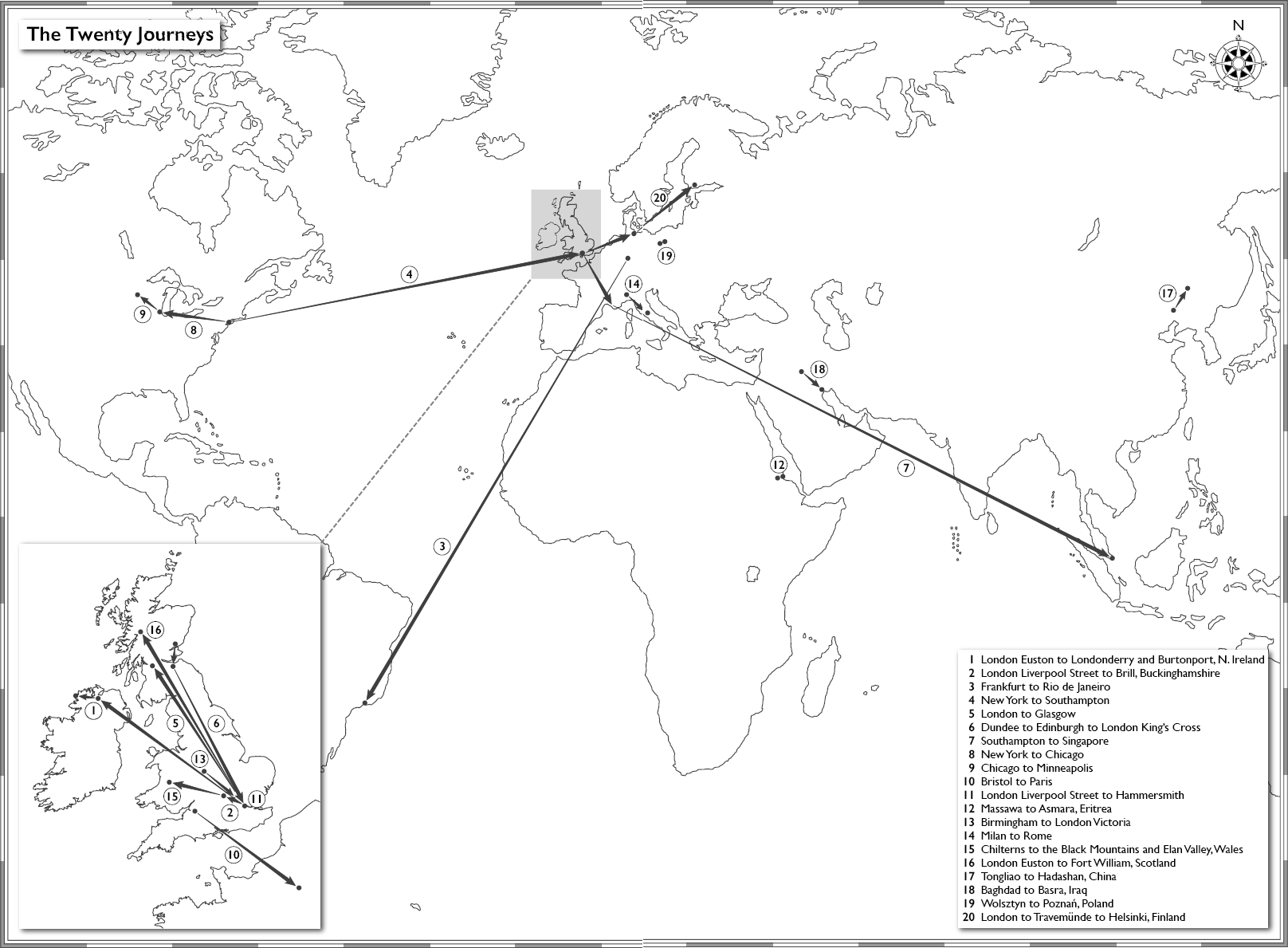
Introduction
Chicago OHare Airport, 1740 hrs, 9th April 2017
B oarded and fully booked, United Express Flight 3411 to Louisville, Kentucky, operated by Republic Airways on behalf of the United Airlines subsidiary, was at its gate ready for departure. A sky bully came on board the Embraer 170 jet and said four passengers had to give up their seats. The airline wanted these for its own staff. There were no volunteers, even when a first offer of $400 compensation was raised to $800.
In the end, four passengers were selected by computer to be bumped. Three complied, but the fourth, Dr David Dao a 69-year-old doctor who was flying back to Kentucky to see patients the following morning was unwilling to give up his seat. So, instead, he was wrestled from it by three baseball-capped operatives. Dragged unconscious along the aisle, his nose and two of his teeth broken, blood trickling down his face, the doctor was taken off the aircraft. Fellow passengers filmed this malevolent scene on their mobile phones. Videos would go viral on YouTube, although not before Dr Dao had managed to re-board the aircraft. This time, the wounded, concussed and evidently distraught medic was dispatched on a stretcher.
Airline staff took their hard-won seats. Flight 3411 departed OHare two hours late. A later press statement claimed that the airline had simply been re-accommodating passengers, and a leaked internal email said that employees had followed established procedures for dealing with situations like this. Who could think of criticizing Uniteds Oscar Munoz, the very model of a modern airline CEO, with years of experience working for AT&T, Coca-Cola and Pepsi? The previous month, PRWeek magazine had named him its Communicator of the Year. He held an MBA degree from Pepperdine University, a devoutly Christian college near Malibu, California.
The following month, United flew more passengers than it had a year earlier. It posted significant gains in passenger miles flown, and recorded the fewest cancellations in its history. The airlines share price hit an all-time high. Warren Buffett, the veteran business magnate and a major investor in airline stocks, told Fortune that although United had made a terrible mistake over the Dao affair, the public wanted cheap seats. This meant high-load factors and, for passengers, a fair amount of discomfort.
A gun barrel of online US commentators said, in no uncertain terms, that Dr Dao deserved every injury and humiliation that came his way. How dare he delay other passengers and obstruct an all-American corporation going about its lawful business? As for the assault on the doctor, one of his three assailants, the aviation security officer James Long, felt he had been unfairly dismissed as a result of attempts by United Airlines to placate those Americans, including President Donald Trump, who said its methods had been wrong.
Long took legal action against United Airlines and Chicagos Department of Aviation, claiming that he had not been trained properly in the handling of out-of-line passengers. How was he to know that violence against them was inappropriate and that, in this case, he wasnt following established procedures?
Drive, commented one online reader in response to CNNs coverage of the story, and, if you cannot, then consider flying in a cramped seat with surly airline employees treating you like animal-cargo.
When anyone complains, they are reminded whether by Warren Buffett or fellow travellers that they cannot expect commercial flight to be as it was in the days of silver service, adequate legroom and well-spoken, Grace Kellylookalike stewardesses with impeccable manners.
What has changed is the way in which, as perceived by the majority of passengers, airlines have abandoned, along with common decency, any notion of the romance or poetry of flight. For Michael OLeary, the never-less-than-controversial CEO of the European budget airline Ryanair, passengers are in cahoots with this change: Most people just want to get from A to B. You dont want to pay 500 for a flight. You want to spend that money on a nice hotel, apartment or restaurant you dont want to piss it all away at the airport or on the airline. Of Ryanair, he says: Anyone who thinks [our] flights are some sort of bastion of sanctity where you can contemplate your navel is wrong. We already bombard you with as many in-flight announcements and trolleys as we can. Anyone who looks like sleeping, we wake them up to sell them things.
For OLeary, the romance of flight has long been in the grave, where it deserves to rot. Air transport, he told BusinessWeek Online in 2002, is just a glorified bus operation. As Alfred E. Kahn, the American economist who became known as the father of airline deregulation, had said a quarter of a century before: I really dont know one plane from the other. To me they are just marginal costs with wings.
Robert L. Crandall, the president and CEO of American Airlines from 1985 to 1998 and a fierce critic of deregulation, called the airline industry a nasty, rotten business. And Al Gore, back when he was vice president of the United States, stated: Airplane travel is natures way of making you look like your passport photo.
If they (or their employers) can afford it, passengers can, of course, fly in anodyne, faux-posh first class. And yet, to echo OLearys thinking, who unless they are travelling on expenses would want to fritter away thousands of pounds on a first-class ticket now that the very concept of first class no longer means what it did in decades gone by?

